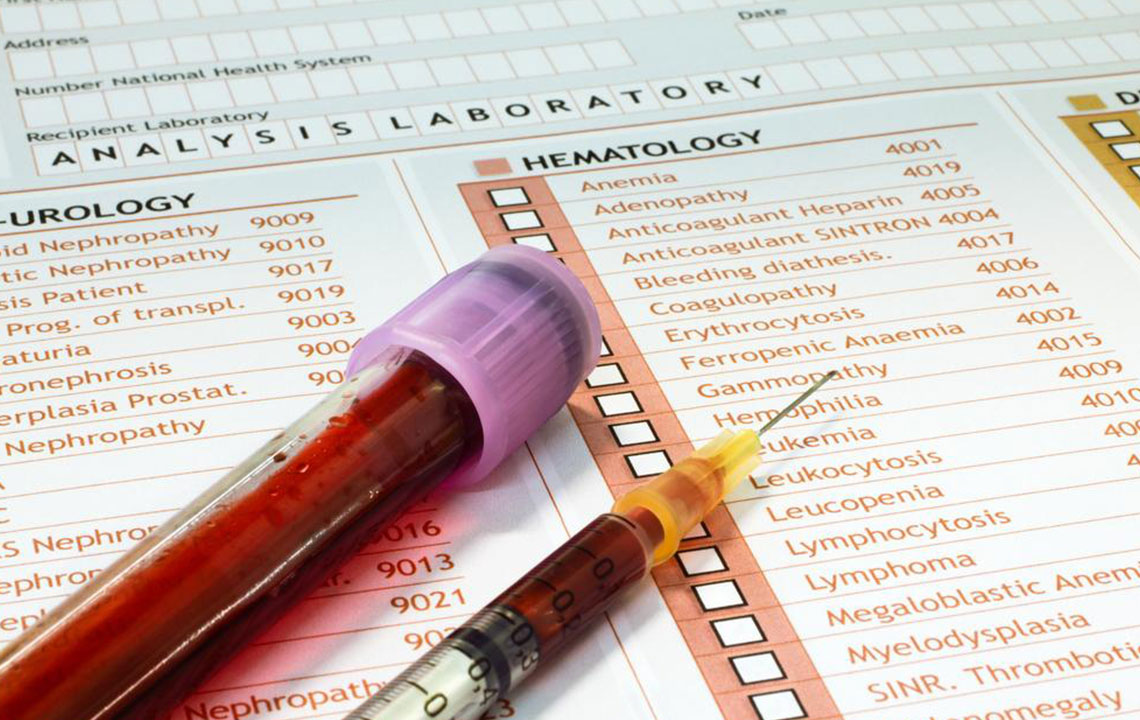Comprehensive Guide to Premature Ejaculation: Causes, Symptoms, and Effective Treatments
This comprehensive article explores the causes, symptoms, and treatments for premature ejaculation. It emphasizes the importance of consulting healthcare professionals and adopting a multifaceted approach, including medical, behavioral, and psychological techniques, to effectively manage and overcome this common condition. Whether lifelong or acquired, PE can be addressed with proper intervention, helping men improve their sexual satisfaction and relationship quality.

Comprehensive Guide to Premature Ejaculation: Causes, Symptoms, and Effective Treatments
Premature ejaculation (PE) is a prevalent sexual health concern affecting many men worldwide. It is characterized by ejaculation that occurs sooner than desired during sexual activity, often within one minute of penetration, leading to frustration for both partners and potential impacts on emotional intimacy. Understanding the underlying causes, recognizing the symptoms, and exploring available treatment options are crucial steps toward managing this condition effectively.
Premature ejaculation is not merely a matter of physical response but involves a complex interplay of psychological, biological, and relational factors. Emotional issues such as anxiety, stress, and relationship problems can significantly contribute to PE. Additionally, hormonal imbalances, neurological sensitivities, and inexperience may also play a role. For some men, PE is a lifelong condition present since adolescence, while for others, it develops later due to stress, health complications, or lifestyle factors.
Common symptoms include a persistent lack of control over ejaculation, the inability to delay orgasm during sexual activity, and reduced sexual satisfaction for the man and his partner. These symptoms can lead to feelings of embarrassment, decreased self-esteem, and relationship tension if not addressed properly.
Seeking treatment for premature ejaculation involves a multifaceted approach. Medical options may include topical anesthetic creams or sprays designed to reduce penile sensitivity, thereby prolonging the duration of intercourse. Pharmacological treatments such as selective serotonin reuptake inhibitors (SSRIs), particularly certain antidepressants, are frequently prescribed to delay ejaculation. PDE-5 inhibitors, like sildenafil (Viagra), may also be used in some cases to improve sexual performance and stamina. In addition, analgesic medications targeting nerve response can be beneficial.
Beyond medication, behavioral techniques such as the start-stop method, squeeze technique, and pelvic floor exercises can help men gain better control over ejaculation. Psychological counseling or sex therapy can address underlying emotional or psychological factors, reducing performance anxiety and improving communication between partners.
It is essential for men experiencing PE to consult qualified healthcare professionals to determine the most appropriate treatment plan. Self-treatment without proper guidance can sometimes worsen the condition or lead to side effects. With a tailored approach combining medical, psychological, and behavioral interventions, many men can regain confidence and enjoy a satisfying sexual relationship.
In conclusion, premature ejaculation is a common but manageable condition. Awareness of its causes and symptoms, along with seeking professional help, can lead to effective solutions and improved quality of life. Open communication with partners and a proactive attitude toward treatment are vital components of overcoming PE and restoring intimacy and confidence.





